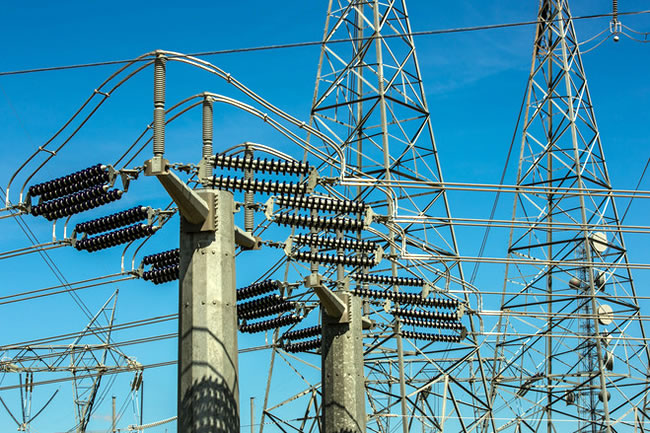The Presidency is taking active steps to address a significant financial challenge in the electricity sector, initiating internal procedures aimed at settling a long-standing ₦2 trillion debt owed to power generation companies (GenCos).
This development was revealed at the second Nigerian Electricity Supply Industry (NESI) Stakeholders’ Meeting of 2025, organized by the Nigerian Electricity Regulatory Commission (NERC). Representing the Special Adviser to the President on Energy, Eriye Onagoruwa, a spokesperson confirmed that plans are in motion to resolve the debt before the end of the next quarter.
Onagoruwa acknowledged the weight of the burden GenCos have carried and noted that the Presidency is considering alternative financial mechanisms to deal with the outstanding liabilities, given the federal government’s fiscal limitations.
“We understand the pressure GenCos are under. We’re working with both the Coordinating Minister of the Economy and the Debt Management Office to find workable solutions,” she stated. “The internal approval process is already underway.”
Although no fixed deadline was announced, she expressed confidence that progress would be communicated by the next NESI meeting, signaling a possible update within the next three months.

The GenCos, meanwhile, have been sounding the alarm over what they describe as crippling debts, which some sources say now exceed ₦4 trillion. The Senate Committee on Power recently pointed out that tariff shortfalls have left the government owing an estimated ₦200 billion monthly to electricity producers.
The stakeholders’ meeting brought together key players from across the electricity value chain to discuss pressing issues — from the widening metering gap and the Presidential Metering Initiative, to the potential impacts of the Electricity Act 2023.
Discussions also touched on the proposed Meter Asset Fund, the transition to a multi-tier electricity market, and the newly established State Electricity Regulatory Commissions. In light of these decentralization efforts, John Akinnawo, Acting MD of the Nigerian Bulk Electricity Trading Plc, warned against fragmentation and called for strong policy coordination led by the Nigerian Independent System Operator (NISO).
In a presentation, Abdu Mohammed Bello, NISO’s Managing Director, laid out the agency’s roadmap for enhancing market transparency and operational efficiency.
Industry players at the meeting welcomed the Presidency’s commitment, viewing it as a potential turning point in stabilizing Nigeria’s electricity supply and ensuring long-term sustainability.
As the nation waits for action, the coming months are expected to be pivotal in addressing financial hurdles that have long held back the sector.



